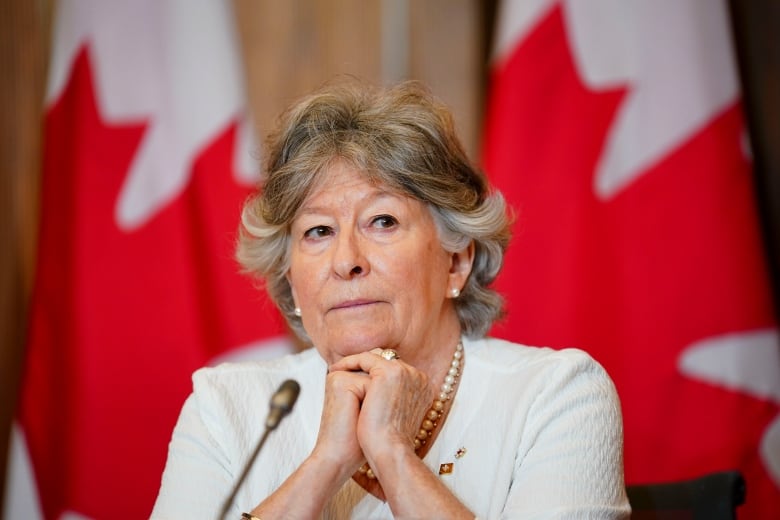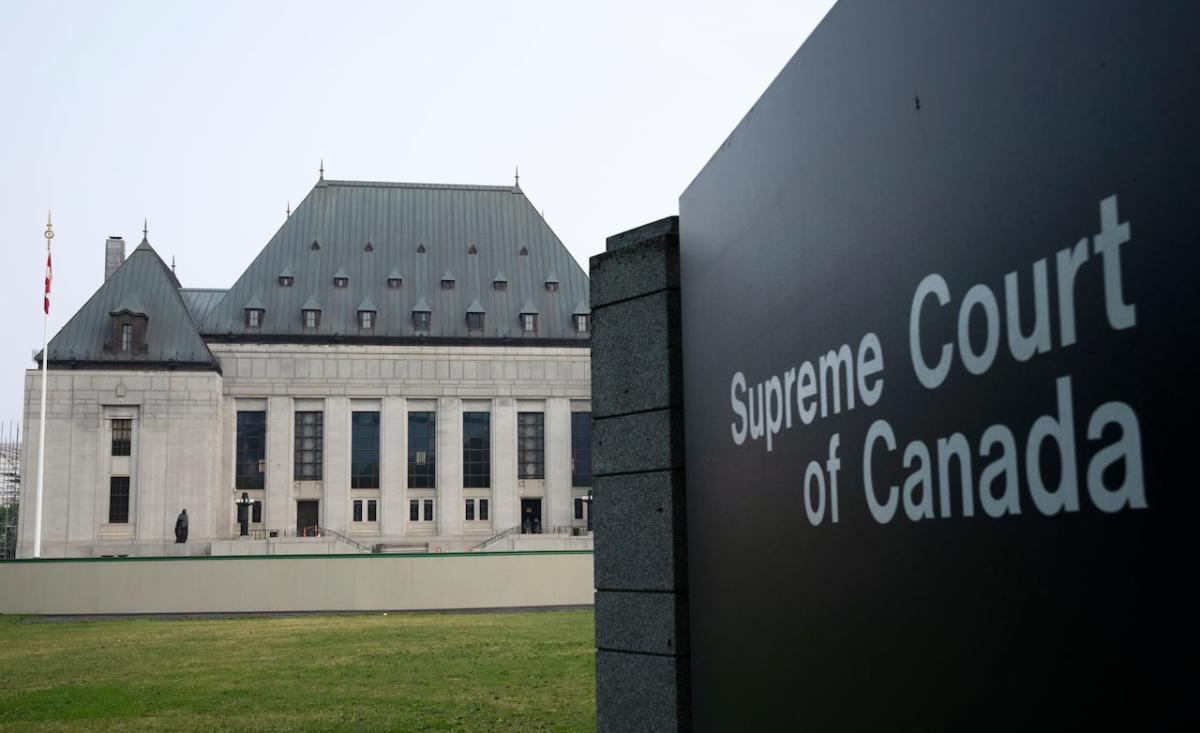In a recent ruling, the Supreme Court of Canada reaffirmed the independence of military judges, dismissing challenges that questioned their status as officers and potential conflicts of interest. This decision, with a vote of 6-1, carries significant implications for the military justice system, distinct from civilian courts.
The case stemmed from several members of the Armed Forces, whose criminal proceedings were on hold, raising concerns about the impartiality of military judges who are subject to the chain of command.
Despite arguments asserting a violation of constitutional rights to a fair trial, the court concluded that Canada’s military justice system, as outlined in the National Defence Act, adequately ensures judicial independence within the military context.
Landmark Ruling Affirms Authority of Military Judges Despite Constitutional Challenges

However, dissenting Justice Andromache Karakatsanis voiced reservations, highlighting the potential risks of military command interference. The legal debate traces back to 2018 when former chief military judge, Col.
Mario Dutil, faced charges, sparking tensions between military judges and senior military officials. While the Court Martial Appeal Court previously rejected claims of non-independence, the Supreme Court’s intervention provided clarity on Parliament’s authority to shape the military justice system.

The ruling underscores that military judges cannot face disciplinary actions for their judicial duties and are shielded from non-judicial interference in case administration and judge selection.
Despite ongoing criticism of the military justice system, particularly regarding sexual misconduct cases, the court’s decision solidifies the system’s autonomy.
Moreover, the introduction of Bill 66 aims to strengthen the independence of military judges, aligning with recommendations from an external review led by former Supreme Court Justice Louise Arbour.

However, retired colonel Rory Fowler expressed disagreement with the majority’s rationale, emphasizing Justice Karakatsanis’s dissent as a more nuanced understanding of the issues.
The Supreme Court’s affirmation of military judge independence averts potential chaos within the system and reinforces the constitutional authority of Parliament in shaping military justice.







Leave a Reply